January 13 stands as one of history’s most eventful days, witnessing the rise and fall of empires, groundbreaking discoveries, and moments that shaped our modern world across centuries of human achievement.
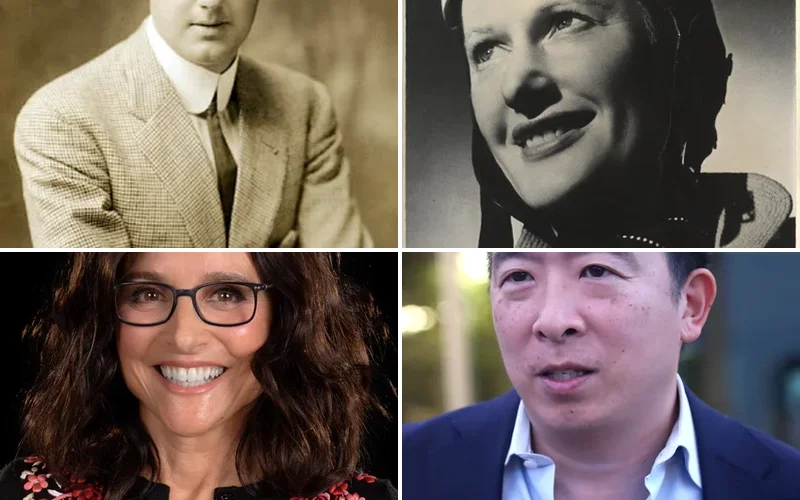
Politics and Government Events on January 13
1935 – Saar Plebiscite Results Announced
The Saar Basin plebiscite revealed overwhelming support for reunification with Germany, with 90.3% voting against continued League of Nations administration. This decisive vote marked a significant diplomatic victory for Nazi Germany in the pre-war period.
The result demonstrated growing German nationalist sentiment and provided Hitler with crucial legitimacy on the international stage. The peaceful transfer of this strategically important industrial region strengthened Germany’s position in Europe.
1964 – Robert Weaver Breaks Cabinet Barrier
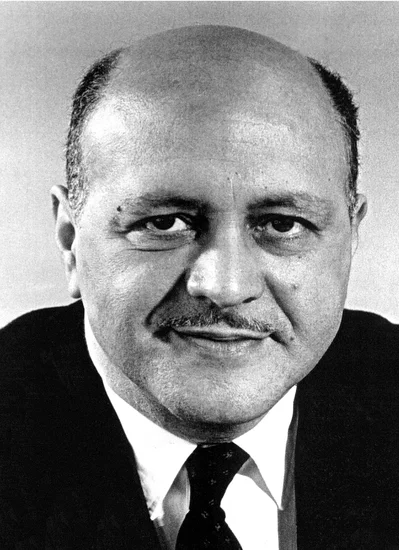
Robert C. Weaver shattered racial barriers by becoming the first African American to serve in a presidential cabinet as Secretary of Housing and Urban Development. His appointment represented a watershed moment in the civil rights movement.
Weaver’s confirmation symbolized progress toward racial equality in the highest levels of American government. His expertise in urban planning and housing policy would prove instrumental in addressing America’s growing urban challenges.
1972 – Ghana Military Coup Succeeds
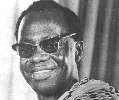
Colonel Ignatius Kutu Acheampong led a bloodless military coup that overthrew Ghana’s civilian government, removing both Prime Minister Kofi Busia and President Edward Akufo-Addo. The military justified their actions by citing economic mismanagement and corruption.
This coup marked another chapter in Ghana’s turbulent post-independence political history. The new military government promised economic reforms and anti-corruption measures to restore national stability.
1988 – Taiwan’s Political Transformation
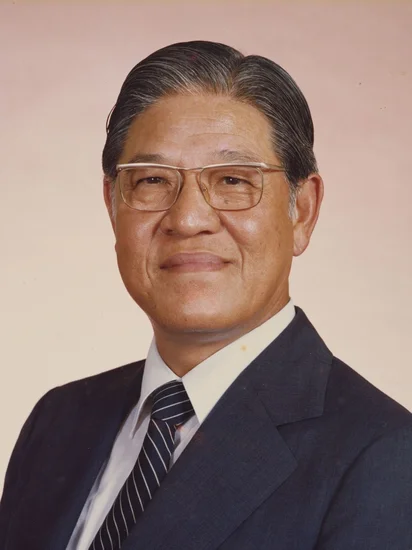
Lee Teng-hui assumed the presidency of the Republic of China, becoming the first native Taiwanese to hold the office. His ascension marked a crucial shift in Taiwan’s political landscape and ethnic representation.
Lee’s presidency would prove transformative for Taiwan’s democratic development and international relations. His leadership helped guide the island through its transition from authoritarian rule to full democracy.
1990 – Virginia Elects First Black Governor
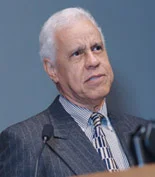
Douglas Wilder made history by taking office as Virginia’s governor, becoming the first elected African American governor in United States history. His inauguration in Richmond represented a remarkable political achievement in the former Confederate capital.
Wilder’s election demonstrated significant progress in American race relations and political representation. His successful campaign broke through centuries of racial barriers in Southern politics.
2021 – Trump’s Historic Second Impeachment
The House of Representatives voted to impeach President Donald Trump for a second time, charging him with incitement of insurrection following the January 6 Capitol attack. This unprecedented action made Trump the first president to face impeachment twice.
The vote reflected deep political divisions over Trump’s role in the Capitol riots and his claims of election fraud. The impeachment proceedings would dominate the final days of Trump’s presidency and continue into the Biden administration.
Military and Naval History on January 13
1915 – Devastating Avezzano Earthquake
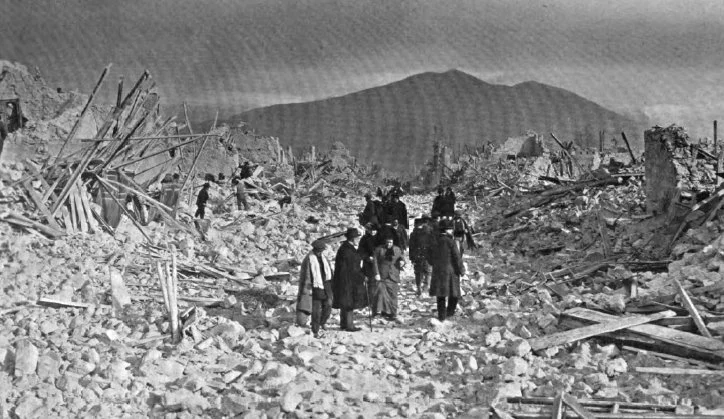
A catastrophic 6.7 magnitude earthquake struck the Province of L’Aquila in central Italy, registering XI on the Mercalli intensity scale. The disaster claimed between 29,978 and 32,610 lives, making it one of Italy’s deadliest natural disasters.
The earthquake completely destroyed the town of Avezzano and severely damaged surrounding communities. The tragedy highlighted the vulnerability of Italian mountain communities to seismic activity and led to improved building standards.
1942 – Aviation History Made
A German test pilot successfully used the world’s first aircraft ejection seat while flying a Heinkel He 280 jet fighter. This groundbreaking safety innovation would revolutionize aviation and save countless pilot lives in future conflicts.
The successful test demonstrated German engineering prowess during World War II and introduced technology that would become standard in military aircraft. The ejection seat represented a crucial advancement in pilot survival systems.
1951 – Indochina War Escalates
The Battle of Vĩnh Yên commenced as French forces engaged Viet Minh troops in a major confrontation of the First Indochina War. This significant battle would test both sides’ military capabilities and strategic planning.
The engagement marked an important phase in the conflict between French colonial forces and Vietnamese independence fighters. The battle’s outcome would influence the broader trajectory of the war in Southeast Asia.
1991 – Soviet Forces Attack Lithuania
Soviet troops launched a violent assault on Lithuanian independence supporters in Vilnius, killing 14 civilians and wounding approximately 1,000 others. This brutal crackdown shocked the international community and galvanized Baltic independence movements.
The attack backfired spectacularly by strengthening Lithuanian resolve and drawing worldwide condemnation of Soviet actions. The tragedy became a rallying cry for Baltic independence and hastened the Soviet Union’s collapse.
Science and Discovery Milestones on January 13
1942 – Ford’s Revolutionary Soybean Car
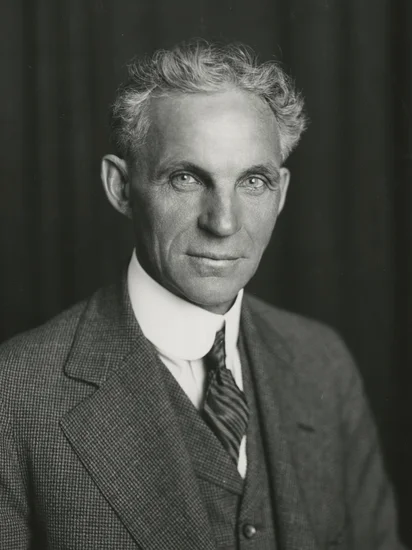
Henry Ford received a patent for his innovative soybean car, which achieved a 30% weight reduction compared to traditional steel automobiles. This pioneering use of agricultural materials in automotive manufacturing demonstrated Ford’s commitment to industrial innovation.
The soybean car represented Ford’s vision of sustainable manufacturing and agricultural integration. His experiment with plant-based materials anticipated modern concerns about environmental sustainability and renewable resources.
1993 – Chemical Weapons Convention Signed
The international Chemical Weapons Convention was signed, establishing a comprehensive framework for prohibiting the development, production, and use of chemical weapons. This landmark treaty represented a significant step toward global disarmament.
The convention created binding international law governing chemical weapons and established verification mechanisms. The treaty’s signing marked international recognition of the need to eliminate these devastating weapons from military arsenals.
1978 – Blood Donation Safety Enhanced
The Food and Drug Administration implemented new regulations requiring all blood donations to be clearly labeled as either “paid” or “volunteer” contributions. This safety measure aimed to reduce transmission of blood-borne diseases.
The labeling requirement reflected growing medical understanding of infection risks associated with paid blood donation. The regulation represented an important step toward improving blood supply safety and protecting transfusion recipients.
Cultural and Arts Events on January 13
1968 – Johnny Cash’s Prison Concert
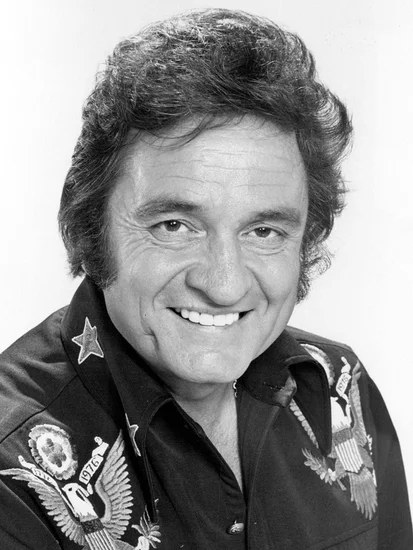
Johnny Cash delivered his legendary live performance at Folsom State Prison, creating one of the most iconic recordings in country music history. The concert captured the raw energy of Cash’s music and his connection with incarcerated audiences.
The performance showcased Cash’s empathy for society’s outcasts and demonstrated music’s power to transcend social barriers. The resulting album became a classic that cemented Cash’s reputation as a voice for the marginalized.
1977 – Film Industry Mourns Henri Langlois
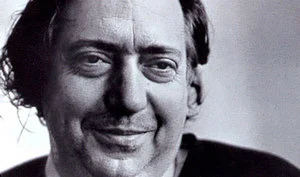
Henri Langlois, co-founder of the Cinémathèque Française, passed away after dedicating his life to film preservation and education. His visionary work saved thousands of films from destruction and influenced generations of filmmakers.
Langlois’s preservation efforts created an invaluable archive of cinema history and provided inspiration for directors worldwide. His death marked the loss of one of film culture’s most important guardians and advocates.
1941 – Literary Giant James Joyce Dies
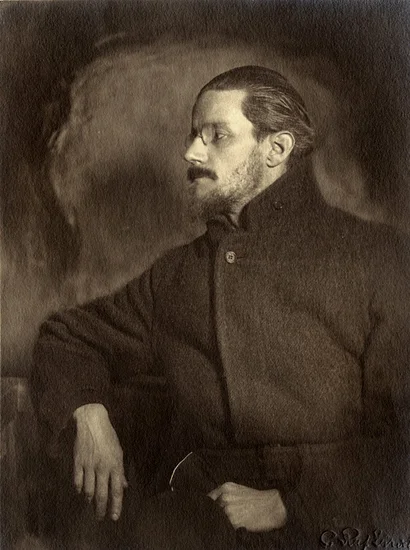
James Joyce, the revolutionary Irish novelist and author of “Ulysses,” died in Zurich at age 58. His experimental writing techniques and stream-of-consciousness narrative style transformed modern literature forever.
Joyce’s death ended one of the most influential literary careers of the 20th century. His innovative approach to language and narrative structure continues to influence writers and scholars worldwide.
Religious and Social Events on January 13
1953 – Soviet Doctors’ Plot Announced
Pravda published accusations against prominent Soviet doctors, mostly Jewish, alleging their participation in a conspiracy to poison top Soviet leadership. This fabricated plot reflected Stalin’s paranoia and growing anti-Semitism in the Soviet Union.
The false accusations created widespread fear among Soviet Jews and medical professionals. The doctors’ plot represented one of Stalin’s final acts of persecution before his death two months later.
1964 – Calcutta Religious Violence
Anti-Muslim riots erupted in Calcutta in response to anti-Hindu violence in East Pakistan, resulting in approximately 100 deaths. The communal violence highlighted persistent religious tensions in the Indian subcontinent.
The riots demonstrated how religious conflicts could quickly escalate across international borders. The violence underscored the ongoing challenges of maintaining peace between Hindu and Muslim communities in the region.
1998 – Protest Against Homophobia
Alfredo Ormando set himself on fire in St. Peter’s Square to protest against homophobia and the Catholic Church’s treatment of LGBTQ+ individuals. His desperate act drew international attention to discrimination against sexual minorities.
Ormando’s sacrifice highlighted the personal costs of religious and social intolerance. His protest became a symbol of the struggle for LGBTQ+ rights and acceptance within religious communities.
Business and Economic Events on January 13
1986 – South Yemen Business Leader Dies
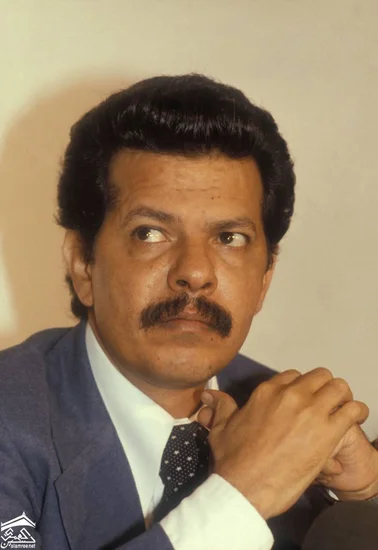
Abdul Fattah Ismail, former President of South Yemen and influential political figure, died during the ongoing civil conflict in Aden. His death marked the loss of a key figure in South Arabian politics and economics.
Ismail’s passing occurred during a period of intense political and economic upheaval in South Yemen. His death contributed to the instability that would eventually lead to Yemeni reunification.
1958 – Film Industry Executive Passes
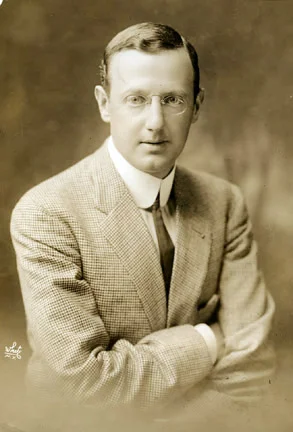
Jesse L. Lasky, co-founder of Paramount Pictures and pioneering film producer, died at age 77. His contributions to Hollywood’s development helped establish the modern film industry’s business model.
Lasky’s death marked the end of an era in Hollywood’s golden age. His entrepreneurial vision and business acumen had helped transform motion pictures from novelty entertainment into a major industry.
2011 – Retail Pioneer Albert Heijn Dies
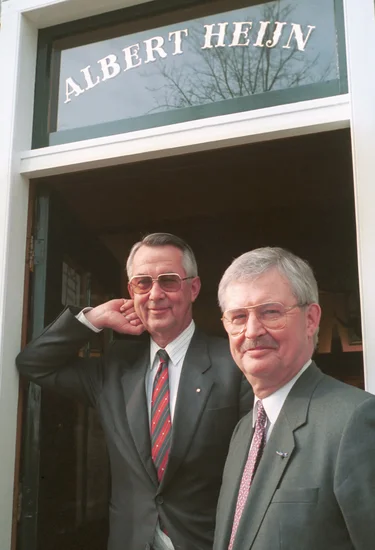
Albert Heijn, Dutch businessman and heir to the major supermarket chain bearing his family name, passed away at age 84. His leadership helped transform Dutch retail and establish modern supermarket practices.
Heijn’s death marked the passing of a retail visionary who had modernized Dutch grocery shopping. His innovations in store design and customer service influenced retail practices throughout Europe.
Transportation and Infrastructure on January 13
1950 – Thames Estuary Submarine Disaster
British submarine HMS Truculent collided with an oil tanker in the Thames Estuary, resulting in the tragic loss of 64 lives. This maritime disaster highlighted the dangers of submarine operations in busy shipping lanes.
The collision demonstrated the need for improved navigation safety protocols in congested waterways. The tragedy led to enhanced submarine safety procedures and better coordination between military and civilian vessels.
1982 – Air Florida Flight 90 Tragedy

Air Florida Flight 90 crashed into Washington D.C.’s 14th Street Bridge shortly after takeoff, plunging into the Potomac River and killing 78 people including four motorists. The disaster shocked the nation and highlighted aviation safety concerns.
The crash was attributed to ice accumulation on the aircraft’s wings and pilot error in severe weather conditions. The tragedy led to improved de-icing procedures and enhanced pilot training for winter weather operations.
1993 – Space Shuttle Endeavour Launches
Space Shuttle Endeavour launched from Kennedy Space Center on mission STS-54, marking the orbiter’s third journey into space. The mission demonstrated NASA’s continued commitment to space exploration and scientific research.
The successful launch showcased American space technology capabilities and international cooperation in space exploration. Endeavour’s mission contributed valuable scientific data and maintained America’s presence in space.
Sports and Recreation on January 13
1979 – Soul Music Legend Dies
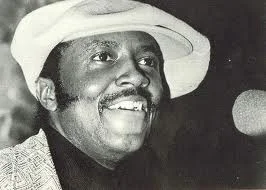
Donny Hathaway, acclaimed American singer-songwriter and producer, passed away at age 33. His powerful vocals and innovative musical arrangements had established him as one of soul music’s most influential artists.
Hathaway’s death robbed the music world of exceptional talent and creativity. His collaborations with Roberta Flack and solo work continue to influence contemporary soul and R&B performers.
2009 – Aviation Pioneer Nancy Bird Walton Dies
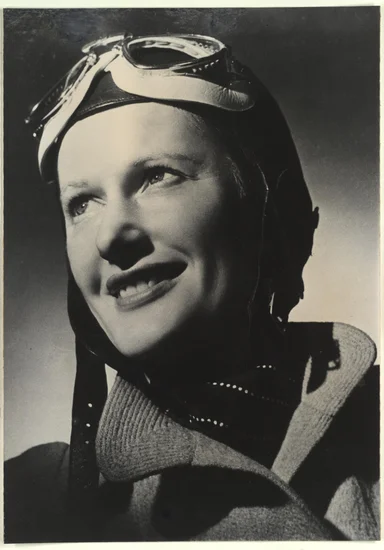
Nancy Bird Walton, groundbreaking Australian aviator and women’s aviation pioneer, passed away at age 93. Her flying career had broken gender barriers and inspired generations of female pilots.
Walton’s death marked the loss of an aviation trailblazer who had demonstrated women’s capabilities in flight. Her achievements helped pave the way for women’s participation in commercial and military aviation.
2010 – Soul Legend Teddy Pendergrass Dies

Teddy Pendergrass, the distinctive voice behind numerous soul classics, died at age 59 after a lengthy battle with illness. His powerful performances had made him one of the most beloved soul singers of his generation.
Pendergrass’s death ended a remarkable career that had overcome personal tragedy and inspired millions of fans. His music continues to define the sound of Philadelphia soul and influence contemporary R&B artists.
Notable Births on January 13
1901 – A.B. Guthrie Jr. Born
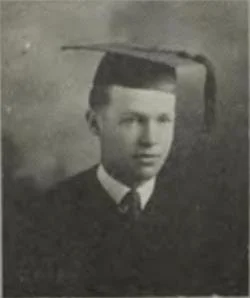
American novelist and screenwriter A.B. Guthrie Jr. was born in Bedford, Indiana, beginning a life that would produce literary works celebrating the American West. His childhood experiences would later inform his authentic portrayals of frontier life.
Guthrie would achieve fame writing novels about Montana and the American frontier experience. His Pulitzer Prize-winning work “The Way West” established him as a master of Western American literature.
1919 – Robert Stack Born
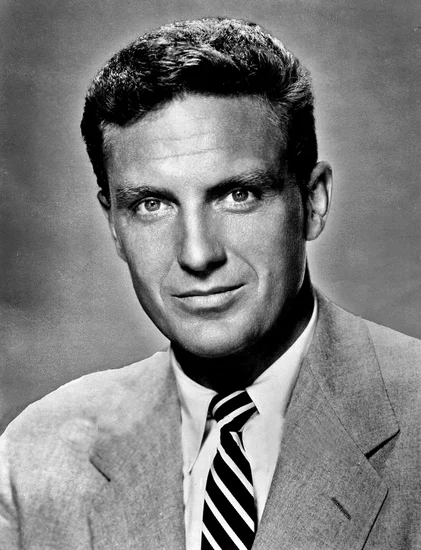
Actor Robert Stack was born in Los Angeles, California, destined to become one of television’s most recognizable faces. His commanding presence and distinctive voice would make him a household name across America.
Stack achieved lasting fame as the host of “Unsolved Mysteries” and for his role in “The Untouchables.” His dramatic delivery and serious demeanor made him perfectly suited for crime and mystery programming.
1926 – Michael Bond Born
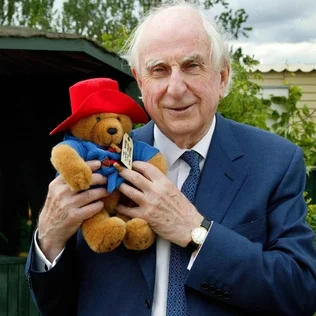
English author Michael Bond was born in Newbury, Berkshire, later creating one of children’s literature’s most beloved characters. His imagination would give the world a marmalade-loving bear from Peru.
Bond’s creation of Paddington Bear brought joy to millions of children worldwide. His gentle storytelling and memorable characters established him as a master of children’s literature and family entertainment.
1961 – Julia Louis-Dreyfus Born

Actress and comedian Julia Louis-Dreyfus was born in New York City, beginning a life that would bring laughter to millions of television viewers. Her comedic timing and versatility would make her a television icon.
Louis-Dreyfus achieved unprecedented success in television comedy, starring in “Seinfeld” and “Veep.” Her performances earned multiple Emmy Awards and established her as one of America’s greatest comedic actresses.
1966 – Patrick Dempsey Born

Actor Patrick Dempsey was born in Lewiston, Maine, destined to become a television heartthrob and accomplished race car driver. His charm and acting ability would make him a favorite with audiences worldwide.
Dempsey achieved global fame playing Derek Shepherd on “Grey’s Anatomy,” earning the nickname “McDreamy.” His success in both acting and professional racing demonstrated his diverse talents and competitive spirit.
1975 – Andrew Yang Born

Entrepreneur and political figure Andrew Yang was born in Schenectady, New York, beginning a life dedicated to innovation and public service. His early experiences with technology and business would shape his future political advocacy.
Yang would become a prominent advocate for universal basic income and technological policy reform. His 2020 presidential campaign brought attention to automation’s impact on employment and the need for economic innovation.
1977 – Orlando Bloom Born
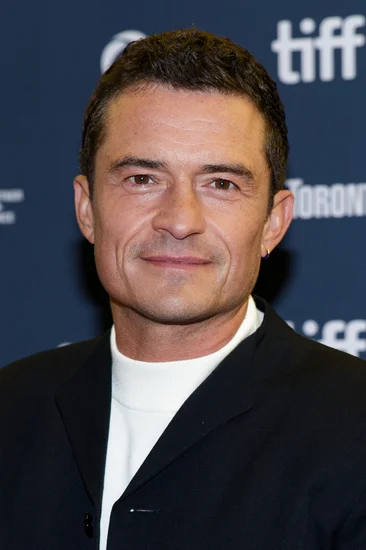
English actor Orlando Bloom was born in Canterbury, Kent, destined to become one of Hollywood’s most recognizable leading men. His classical training and natural charisma would lead to starring roles in major film franchises.
Bloom achieved international fame in “The Lord of the Rings” and “Pirates of the Caribbean” series. His performances as Legolas and Will Turner made him a global star and teen heartthrob.
Notable Deaths on January 13
1929 – Wyatt Earp Dies
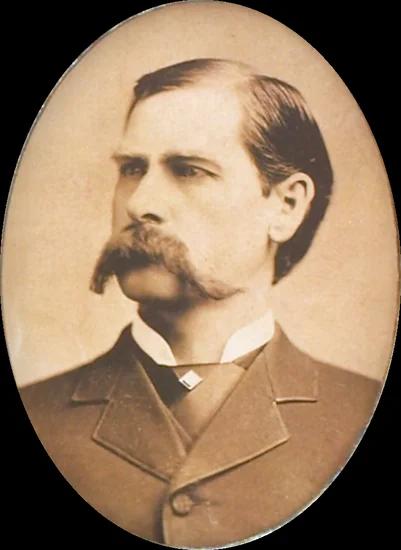
Legendary lawman Wyatt Earp passed away in Los Angeles at age 80, ending one of the most storied careers in American frontier history. His life had spanned the Wild West era and Hollywood’s early days.
Earp’s death marked the end of an era in American frontier history. His reputation as a fearless lawman and participant in the famous Gunfight at the O.K. Corral had made him a legend of the American West.
1962 – Ernie Kovacs Dies
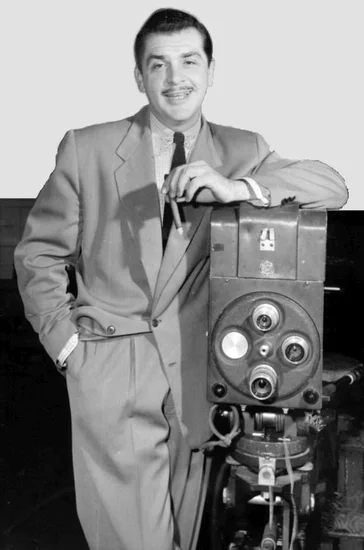
Innovative comedian and television pioneer Ernie Kovacs died in a car accident at age 42, cutting short a revolutionary career in broadcasting. His experimental approach to television comedy had influenced an entire generation of performers.
Kovacs’s death robbed television of one of its most creative and innovative minds. His groundbreaking visual comedy and use of television technology as an art form continues to influence modern entertainment.
1978 – Hubert Humphrey Dies
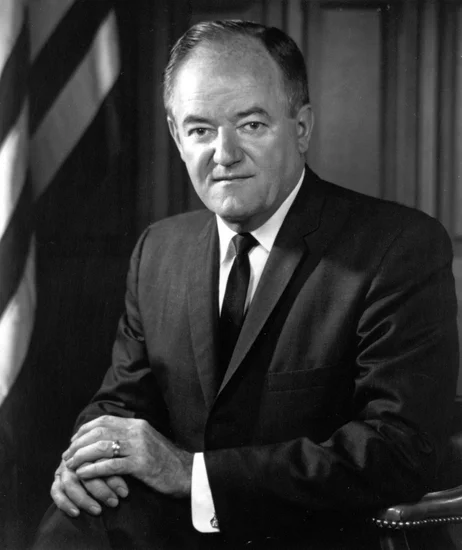
Former Vice President Hubert Humphrey passed away at age 66 after a distinguished career in American politics. His passionate advocacy for civil rights and social justice had made him a beloved figure in Democratic politics.
Humphrey’s death ended a remarkable political career that had championed progressive causes for decades. His optimistic vision and commitment to social justice influenced American liberalism and Democratic Party politics.
1988 – Chiang Ching-kuo Dies
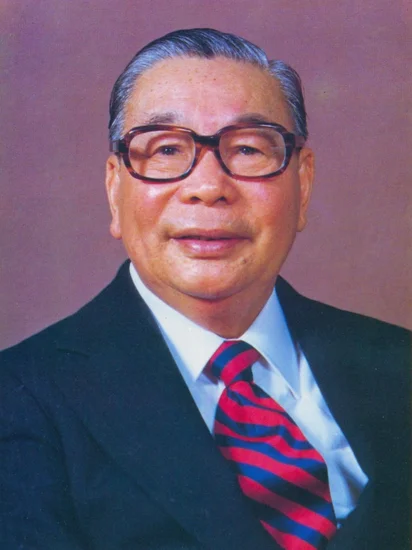
President Chiang Ching-kuo of Taiwan died at age 77, ending an era of authoritarian rule and paving the way for democratic transformation. His later years had seen significant political liberalization and economic growth.
Chiang’s death marked a crucial turning point in Taiwan’s political development. His decision to lift martial law and allow political opposition had set the stage for Taiwan’s transition to full democracy.
2009 – Patrick McGoohan Dies
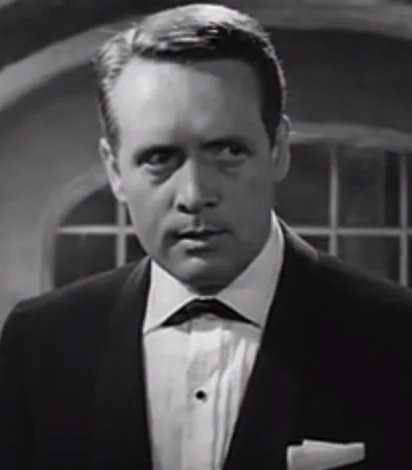
Actor Patrick McGoohan passed away at age 80, ending a career that had defined television excellence and creative integrity. His innovative work had challenged conventional television programming and inspired countless creators.
McGoohan’s death marked the loss of a television visionary who had created “The Prisoner” and starred in “Danger Man.” His commitment to intelligent, thought-provoking entertainment had elevated television as an art form.
Holidays and Observances on January 13
St. Knut’s Day
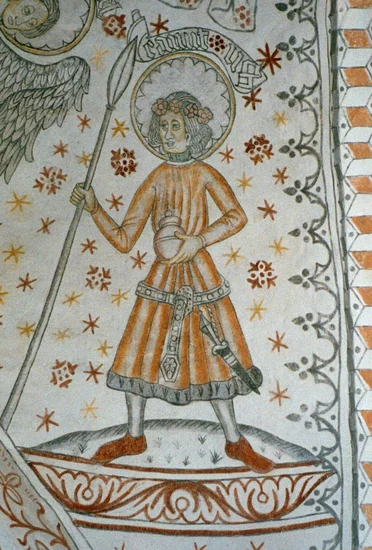
Sweden and Finland observe St. Knut’s Day, traditionally marking the end of the Christmas season with the removal of Christmas trees and decorations. This beloved tradition brings families together for one final celebration before returning to ordinary time.
The holiday honors Saint Canute and provides a festive conclusion to the extended Christmas celebration. Many families gather to sing traditional songs and share special foods before dismantling their Christmas displays.
Constitution Day in Mongolia
Mongolia celebrates Constitution Day, commemorating the adoption of their democratic constitution and the establishment of modern governmental institutions. This national holiday reflects the country’s transition from communist rule to democratic governance.
The observance includes civic ceremonies and educational programs highlighting constitutional principles and democratic values. Citizens participate in activities that celebrate their rights and responsibilities under the constitutional framework.
Democracy Day in Cape Verde
Cape Verde observes Democracy Day, celebrating the establishment of democratic institutions and the peaceful transition from single-party rule. This important national holiday recognizes the country’s commitment to democratic principles and governance.
The celebration includes political speeches, cultural events, and civic education programs. Citizens participate in activities that honor their democratic achievements and promote continued civic engagement.
Liberation Day in Togo
Togo commemorates Liberation Day, marking significant moments in the country’s struggle for independence and self-determination. This national observance reflects the ongoing journey toward political and economic freedom.
The holiday includes official ceremonies, cultural performances, and educational programs about national history. Citizens participate in activities that honor their liberation struggle and promote national unity and pride.
